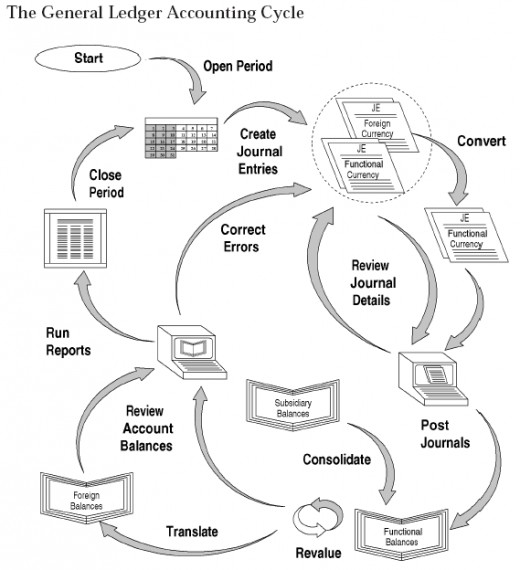Bottom Liners

What is a “bottom liner”?
Well, it is really two closely related things.
The first is a variation of “corporate man” (see "The New Mutants") - a person who holds a slavish adherence to “the bottom line” (profitability) as the only means for measuring success.
The second is similar but relates more to “lining the nest”, only, in this case, one refers to lining one's own bottom, padding it out if you like, in personal preparation for whatever theoretical threats the future may hold.
There is also a loose inverse connection with the concept of “bottom feeders”, ie individuals living off the scraps floating to the bottom of the pond. The essential difference is that bottom liners tend to feed off the cream at the surface, before the scraps begin their downward journeys. The bottom liners line their bottoms with the very best the pond has to offer at the surface. The scraps are whatever they cannot fit into or around their bottoms.
But surely the bottom line is that any organisation must be profitable.

closed accounting systems
Of course, in the context of a closed accounting system, this makes a certain amount of sense. The trouble is that closed accounting systems are incapable of evaluating things that don't fit on to a “balance sheet”.
Balance sheets can only balance currency. They cannot balance anything that does not have a cash value. Closed accountancy cannot attribute costs, for example, to environmental degradation or health and safety at work or loss of employee consumer power or malfunctioning transport infrastructure or failing public health or dropping literacy rates or increasing per capita prison populations or inhibited social evolution.
As Bobby Kennedy himself said about Gross National Product: "....it counts cigarette advertising and ambulances to clear our highways of carnage. It counts special locks for our doors and jails for those who break them. It counts the destruction of our forests and the loss of our natural wonder in chaotic sprawl. It counts napalm produced and the cost of nuclear warheads, and armoured cars for police who fight riots in our streets. Yet it does not allow for the health of our children, the quality of their education, or the joy of their play. It does not include the beauty of our poetry or the strength of our marriages, the intelligence of our public debate, or the integrity of our public officials. It measures neither our wit nor our courage, neither our wisdom nor our learning, neither our compassion nor our devotion to our country. It measures everything, in short, except that which makes life worthwhile." - from "Make Gentle the Life of this World" - Max Kennedy

What do we mean
What do we mean when we say western accounting is a “closed system”? Well, we mean that it has its own internal logic, a logic which makes sense in the context of the closed system - in much the same way as the rules of cricket make sense when you are actually playing the game. But if you step outside the system or game, the internal logic and/or rules make a lot less sense. Imagine someone at a public meeting saying some aspect of public policy wouldn't work because a leg might be before wicket.
Western accounting can only accommodate goods or services or concepts that have an attributable cash value.
There are two fundamental problems with this. First, even where cash values can be attributed, they are often very unstable as such values rise and fall due to a whole range of largely unpredictable variables. For example, the value of something might be affected simply by the passage of time. “Shelf life” applies to many more commodities than just fresh vegetables. Values can also be affected by illogical human opinion. Commodities can go in or out of favour for totally random reasons. And this vacillation is not helped by the fact that there are thousands of hysterical "traders" trying to anticipate these random trends in order to speculate upon them, thus contributing to even wilder vacillations.
Second, cash values can not be to attributed to over 95% of the known world, and significantly less of the known universe. And just for a moment try to consider how insignificant the percentage of what is known about the world and/or the universes when compared to what we know we don't know - let alone what we don't know we don't know.

One small example
One small example of all this is the way in which oil tankers clean their tanks. All of the world's tankers (over 13,000 of them in 2012 - the entire transport volume of maritime trade that year amounted to approximately 9.56 billion metric tons) flush their tanks out with sea water between each and every trip. The cost of this is shown on company accounts as lost hours via a slow down in the ship's passage, wear and tear on the ship's pumps, and possibly some crew overtime. But none of the company accounts have any interest in assessing, let alone capability to assess, the damage to the marine environment. This is damage manifested not just in immediate impact on marine life, but also in longer term drift and wash-up on the shores of the world.
And should one of these enormous tankers hit the rocks, the hysteria generated (for 24 hours) by the hysterical mainstream media is nothing compared to the hysteria generated on the trading floors of the world's stock exchanges. What should be an environmental catastrophe requiring the fullest concentration of human intelligence and resources is instead reduced to a gambling frenzy as our collective intelligence and communications technology is focussed on coked-up "traders" speculating manically on the likely impact on the price of oil.
And remember, the "owners" of oil can be insured against loss. But who can insure the eco-system into which the oil pours? Where are the bottom liners when you need them?
So
So, "bottom liners" are individuals who adhere religiously to a closed system which:
- dictates much of the running of the modern world, and
- is based on minuscule and highly volatile scraps of information, and
- is managed by highly "incentivised" gangs of crazed gamblers
So, next time you hear someone referring to "the bottom line", you will hopefully understand that you are dealing with a "bottom liner" and have a reasonable grasp of the nature of the beast.

images

See also....
© 2015 Deacon Martin






